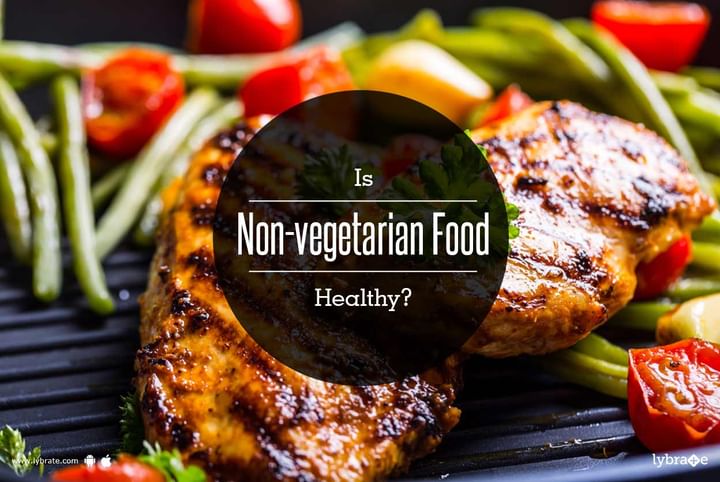Is Non-vegetarian Food Healthy?
There is a widespread debate about the healthiness and nutritional value of non-vegetarian food. While the advocates of both the segments cheer their own cuisines, science has a completely different standpoint. Some of the common apprehensions of consuming non-vegetarian dishes include the occurrence of deadly diseases such as diabetes, cancer, obesity,, high blood pressure, renal diseases to name a few. This being said, there is no concrete evidence of any co-relation between non-vegetarian food and complicated diseases. As a matter of fact, non-vegetarian diet has numerous nutritional benefits.
- High source of nutrition: Non-vegetarian dishes, such as meat has high protein content and is enriched with vital amino acids. While protein is the building block of the body, amino acids ensure that the body is safeguarded from common ailments and strengthen the immune system.
- Rich iron content: Iron is a key component of the hemoglobin and the human body requires it in adequate quantities for normal functioning of the system. Red meat, soup and bone marrow, for instance, is a rich source of iron. It helps the body to safeguard itself against critical diseases such as anemia.
- The vital creatinine: Meat contains a vital component called creatinine that helps the body to build muscle. A study (Brown, 2008) revealed that most vegetarian infants portray stalled growth due to creatinine deficiency.
- Good source of B12: Vitamin B12 is an important constituent that the body requires for normal functioning. Lack of this vitamin causes Macrocytic Anemia. Infant of a vegetarian mother is often witnessed to be suffering from Anemia due to lack of B12.
- Easy phosphorus availability: Vegetarian dishes contain phytic acid which needs to be converted to phosphorus by complex chemical reactions. In sharp contrast, non-vegetarian meals have ready to absorb phosphorous content.
- Vitamin A and calcium availability: Fish has vitamin A that accounts for human intelligence and formation of memory. It also helps the body with calcium content for stronger teeth and bone formation. While calcium is available in vegetarian diets, the concentration of calcium is way more in fish and other non-vegetarian sources.
- Other mineral constituents: Non vegetarian diet contains some key minerals such as zinc, riboflavin, amino acid, lysine etc. These minerals are required by the body in adequate portions in order to avoid energy deficiencies. Some fishes contain a critical component called omega 3 acids which is required by the body for sound mental and physical health.
Non-vegetarian dishes, therefore, are definitely healthy and are consumed by millions of people across the world. While there are many advantages of non-veg food, too much consumption of red meat might lead to complicated diseases. It is, therefore, essential to maintain a balanced diet for the body to function well.



+1.svg)
